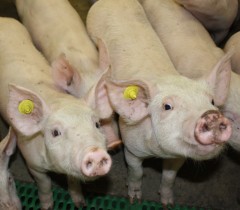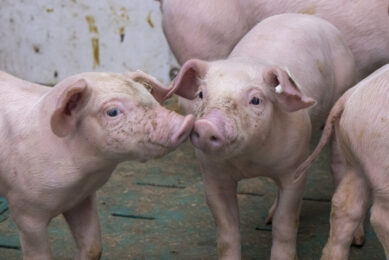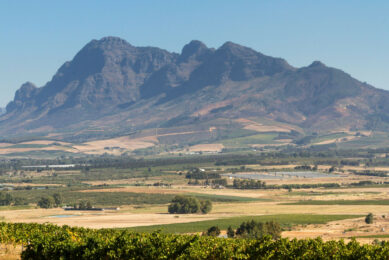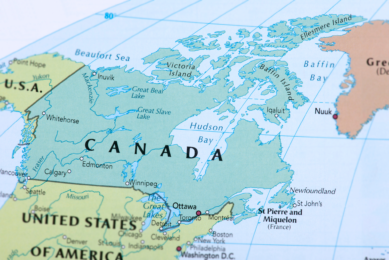Canada’s pork subsidies frustrate Trans-Pacific partners

Canada’s pork production subsidies have become the focus of much discussion now with Canada’s inclusion into the Trans-Pacific Partnership (TPP).
The USA, New Zealand and Australia up in arms over Canada’s open agricultural subsidisation schemes, in particular those schemes centred on pork production. They claim that Canada’s support of the sector distorts the market for pork.
At the G20 summit, the nine-strong partnership of the USA, Australia, New Zealand, Brunei Darussalam, Chile, Malaysia, Peru, Singapore and Vietnam, also voted to include Mexico into the TPP. These nine economies have a combined gross domestic product (GDP) of US$16,968 trillion, a GDP per capita of US$33,546 and represent a population of 505.8 million people.
Canada and Mexico
The inclusion of Canada and Mexico now takes the 11 member TPP group to nearly 30 per cent of global GDP. This is a substantially larger trading power than the 27-nation European Union bloc. Whilst trading power is one element, the TPP goes beyond a traditional trade agreement and deals with behind-the-border impediments to trade and investment. The group serves as a pathfinder to broader regional economic integration, similar to the EU. This ultimately gives it potential to form the basis for free trade across the Asia – Pacific region. The main aim of the TPP negotiations is to eventually include all 21-member economies of Asia –Pacific Economic Co-operation (APEC) forum.
Distortion of the overseas markets
Australian Pork Limited CEO, Andrew Spencer, said “These subsidies cause significant distortions to overseas markets such as Australia, the US and NZ. Domestic subsidy programmes are generally not within the scope of free trade agreements. However, in this case Canadian agricultural subsidies are so wide ranging and have such a broad and far reaching impact on overseas markets it is on these grounds we, along with the US, and NZ, urge the TPP negotiators and governments to deal with these issues fairly as part of the process”.
“Canada needs to end its federal and provincial hog subsidy programs, which are distorting the North American and world pork markets,” said R.C. Hunt, president of the United States’ National Pork Producers Council and a hog farmer from Wilson, NorthCarolina. “Subsidy programs are antithetical to free trade and to the spirit of the Trans-Pacific Partnership negotiations that Canada is entering.”
New Zealand Pork CEO, Owen Symmans, said “We support safe free trade with appropriate management of biosecurity and food safety risks. However, we are concerned that Canada enters the TPP with federal and provincial government subsidies for the Canadian pig industry in place. This sort of blatant subsidisation [e.g, Ontario province’s Risk Management Program] places competing pork producers, who do not subsidise their production, at a distinctive disadvantage”.
Canadian Pork Council disputes distortion
The US has brought up Canada’s subsidies eight years ago, Reuters reports. Both Canada and Mexico have a free-trade agreement with the USA, in the shape of NAFTA, which went into effect in 1994. Since then, Canada’s industry has scaled back, partly due to increasing costs and the strength of the Canadian dollar. Given this scaling back, the executive director of the Canadian Pork Council, Martin Rice, has said that US claims of overseas market distortion are exaggerated, as Canadian position in the international pork market has lessened over time.











